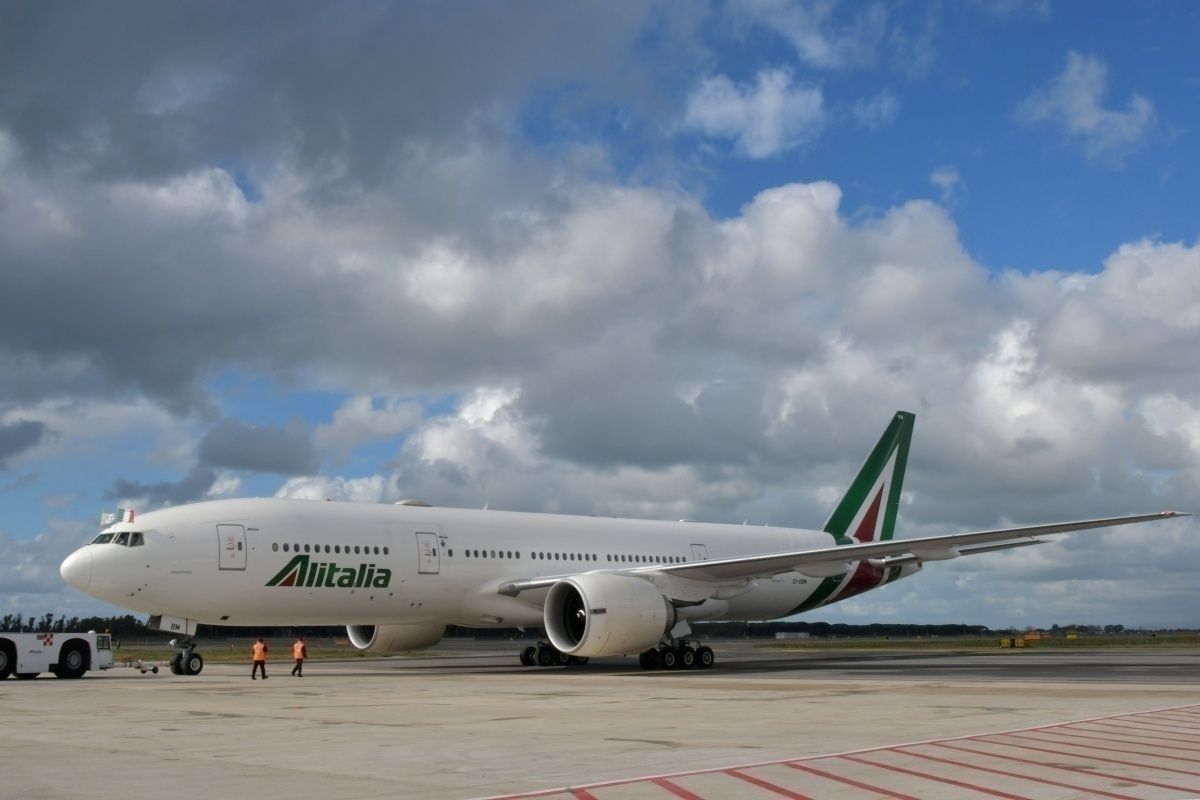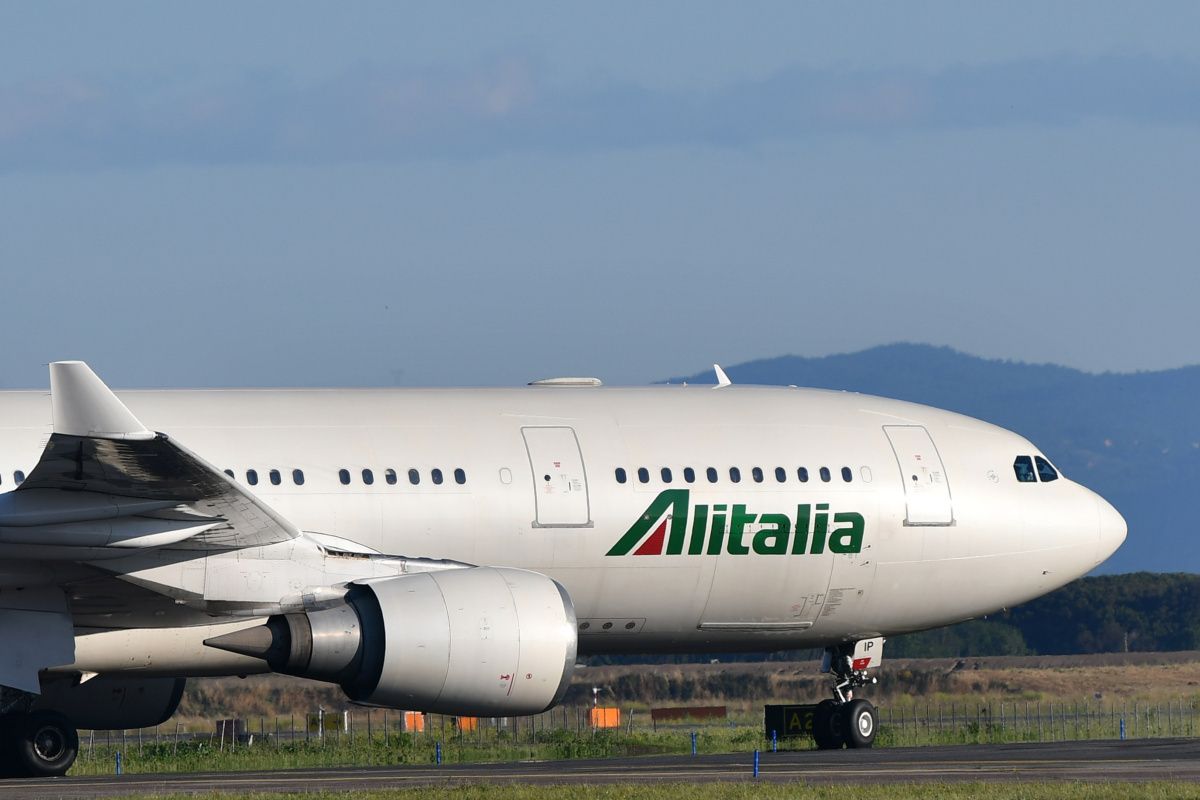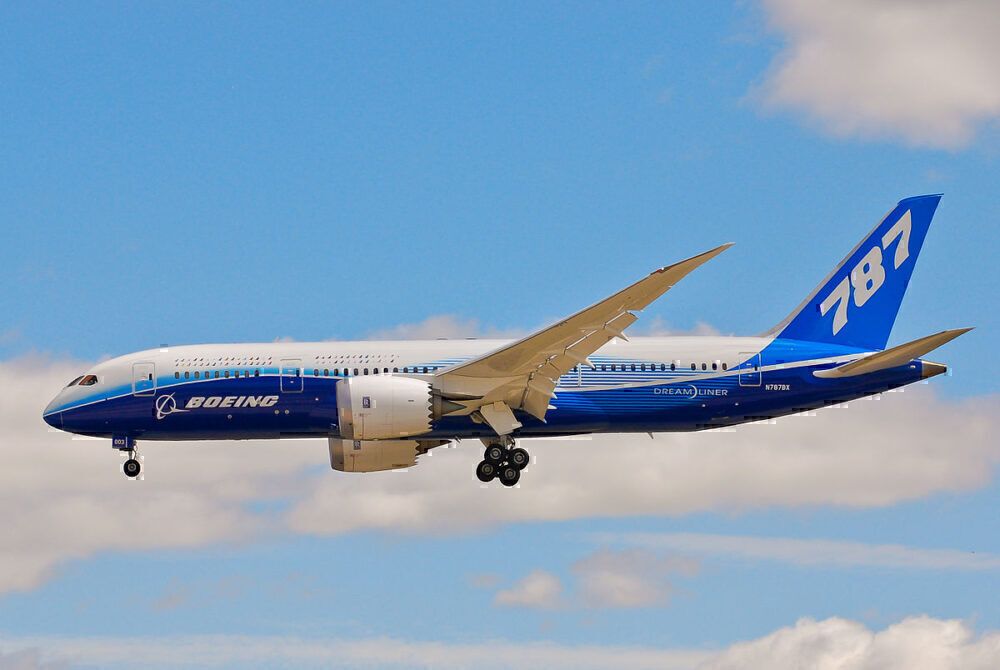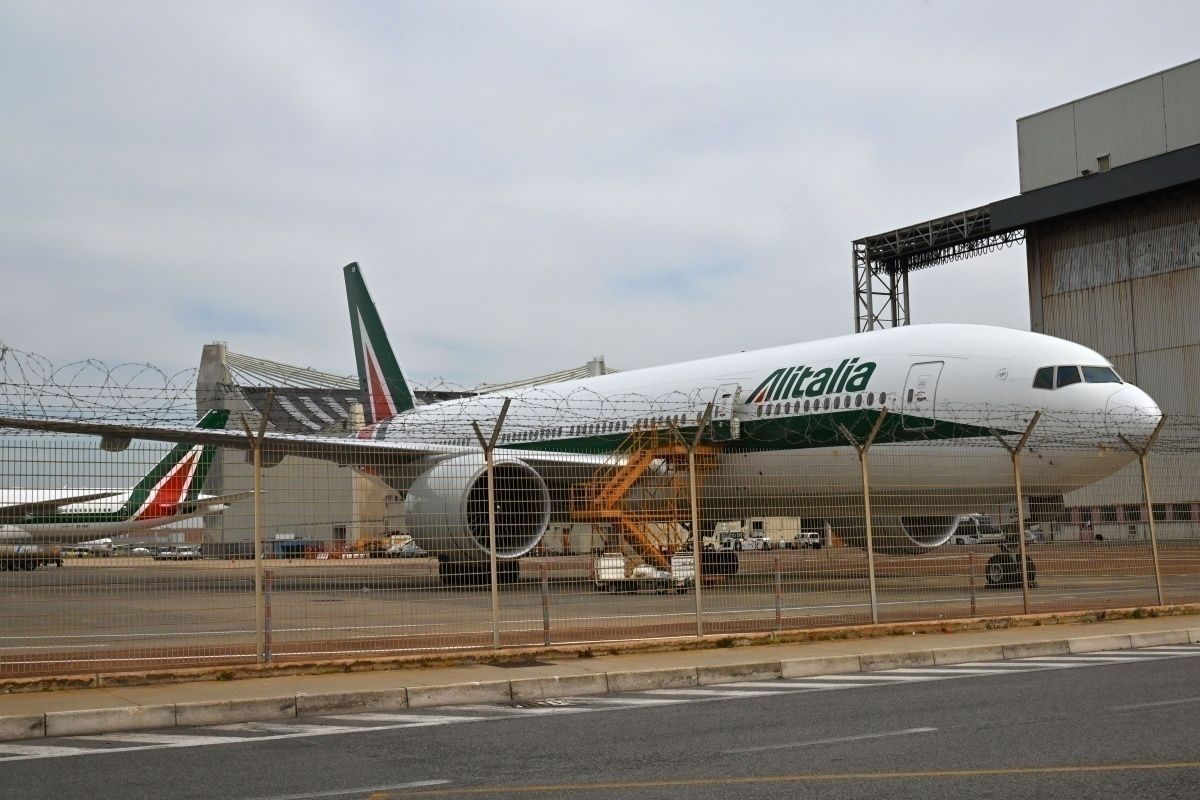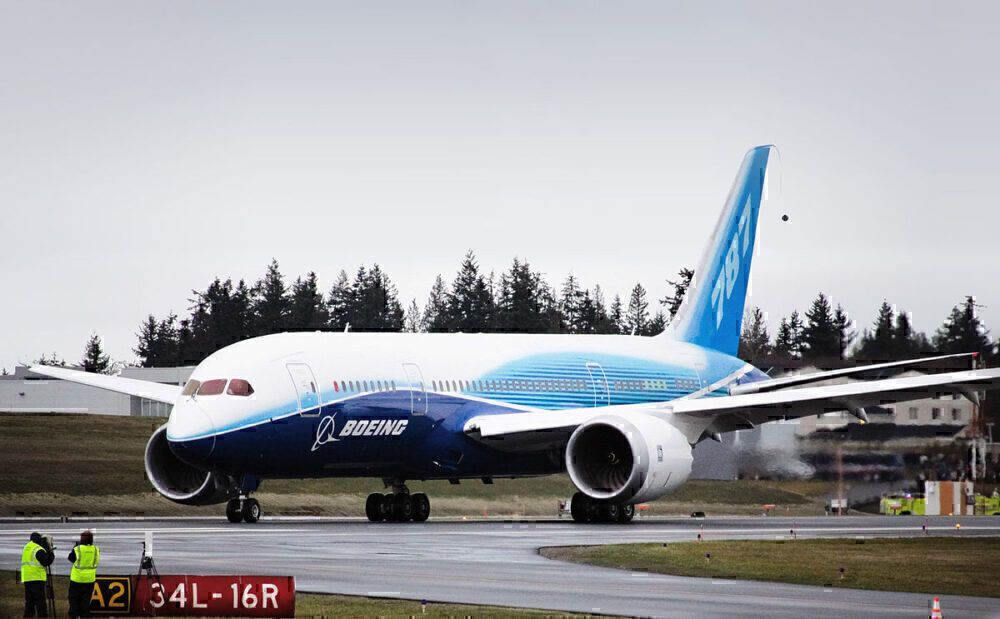Could Alitalia look to the Boeing 787 to revamp its current fleet? According to recent reports, that could be true. The Italian airline, under government guidance, is thought to be looking to use the aircraft for long-haul routes in a simplified fleet. Is it the right choice?
The future of Alitalia's fleet
Since it was handed over to the Italian government back in May, Alitalia is receiving a new lease of life. Under state ownership, it's being restructured to support the Italian economy and, crucially, become a profit-turning venture.
As part of the development of the now nationalized airline, rumors have surfaced about Alitalia's new fleet. Last week, it emerged that Alitalia was looking to incorporate the Airbus A320 and Boeing 787 Dreamliner into its operation.
Stay informed: Sign up for our daily aviation news digest.
According to inside sources cited in a report by the Italian news outlet Corriere Della Sera, the government is seeking these two aircraft models to streamline the fleet for maximum cost savings and revenue.
According to Corriere Della Sela, two sources close with the matter shared with the newspaper that the benefit of the Boeing 787s,
"...is not only the fact that they seem to adapt better to the network needs of the Italian carrier, but also that a part of the plane is built in Italy, in the Leonardo plants in Puglia."
Therefore, the aircraft would directly contribute to the local economy.
Where does the Boeing 787 fit in the Alitalia fleet?
100 aircraft would be acquired under the new government plan split between the Airbus and Boeing variants. It is not clear how many aircraft would be Boeing 787s if the deal went ahead.
Alitalia is currently an Airbus-heavy airline. It depends on models including the A319, A320, and A330 and has just 12 Boeing aircraft. According to Planespotters.net, it has one Boeing 777-300 and 11 Boeing 777-200.
The appeal of the 787 Dreamliner for Alitalia, however, is that it would be an excellent new addition to the fleet that would capitalize on the long-haul market. Operating a Boeing 787 on these routes would make the operation cheaper with the aircraft's fuel efficiency. The airline would be able to save somewhere in the region of €200m ($239m) on fuel alone.
In addition to that, the 787 boasts lower operating and maintenance costs, which will help Alitalia. After years of making losses, what the airline needs to give it strength for the future is a good set of financials.
The twin-aisle elephant in the room
While there are many operational benefits to the Boeing 787, the elephant in the room is the cost. If Alitalia is hell-bent on saving money this time around, how can it justify spending large sums of cash on new aircraft?
There have been reports that Alitalia would receive a discount on its new models. According to sources, it is in talks with Boeing and could negotiate 50% off the asking price for the aircraft. This would dramatically reduce the spending for the airline and help it out in the long run. But is it worth it?
This author suggests that the benefits on this occasion do outweigh the costs. The Boeing 777 have an average age of 16.8 years, and the A330s aren't much younger. Upgrading to a new model is the obvious choice, especially with discounts on the purchase.
What's more, if Alitalia incorporates the Boeing 787 into its fleet alongside the Airbus A320, it has a simple model for success, which will save it money in the long run. The fewer aircraft models in a fleet, the cheaper the operational cost. It's a model that works well with low-cost carriers operating on thin profit margins. This strategy could also work well for resurgent airlines like Alitalia.
Do you agree? Have your say in the comments.

